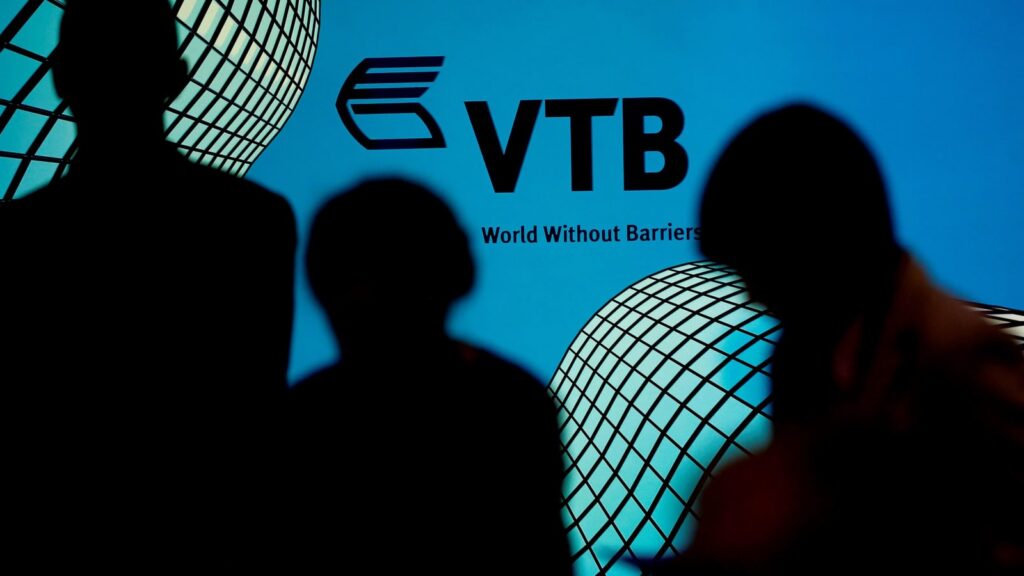U.S. banks are treading carefully when it comes to sanctions against Russia, making sure to comply with a growing list of requirements while ensuring lawful payments flow there and to Ukraine, according to a new report published in the Wall Street Journal.
Before Russia’s invasion of Ukraine, financial institutions spent years beefing up control systems and adding compliance resources as sanctions became an increasingly important tool of U.S. foreign policy. But the pace, volume and varying requirements of sanctions and other restrictions imposed after the invasion pose complex challenges for financial institutions, including cryptocurrency firms.
Daniel Gutierrez, co-chair of the legal and regulatory affairs committee at the Financial & International Business Association trade group, said the challenges range from validating names of individuals and entities, to understanding executive orders and general licenses allowing certain activities, to working with complicated correspondent banking relationships.
As regulatory risk manager at Ocean Bank in Miami, Mr. Gutierrez said he and his team are tackling aspects of sanctions against Russia as they are introduced, including with one person monitoring the Treasury Department’s Specially Designated Nationals and Blocked Persons list and another monitoring anti-money-laundering alerts.
The U.S. and its allies have imposed economic sanctions and trade restrictions on Russia and Belarus in recent weeks, including blacklisting key Russian state-owned banks. The sanctions regimes among jurisdictions, however, differ with regard to who and what is listed.
To comply with sanctions, financial institutions rely on vendors for blacklists to help screen their clients and transactions. But questions remain about how fast the lists are revised, industry experts said.


